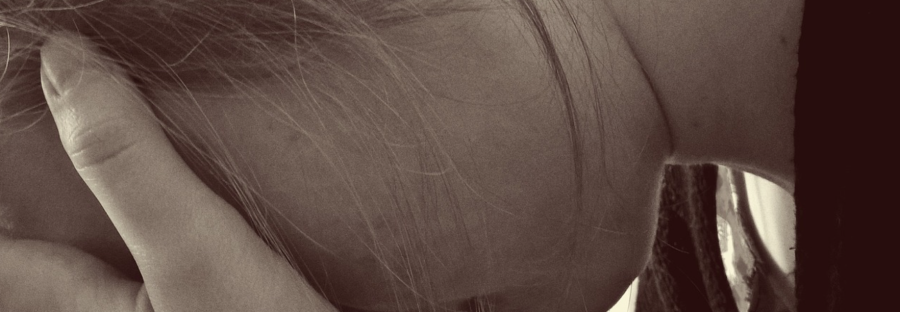Less than a third of prosecutions brought against young men for rape result in a conviction
- 32% of prosecutions for rape brought against men aged between 18-24 result in a conviction
- Gender stereotypes and myths still affect the way some people think about women
- Labour MP Ann Coffey put forward a freedom of information act to obtain these statistics
Figures show that less than a third of prosecutions brought against young men for rape result in a conviction.
Senior Crown Prosecution Service (CPS) staff believe that the failure to secure convictions reflects a need to educate jurors who appear reluctant to tarnish a man’s name at the beginning of their adult life for serious sexual offences.
Dominic Willmott, psychology researcher at the University of Huddersfield conducted research which investigated whether juries in rape trials are prejudiced, and whether, if they were better educated about avoiding these negative stereotypes, they would behave differently.
When speaking to Nigel Booth, barrister, external consultant and legal advisor to Dominic’s research, he said: “Are we justified in having faith in the jury trial system in rape cases? What Dominic’s research focussed on was a controlled and highly evaluative psychological assessment of jurors in mock rape trials.
“It was as close to real life as could be arranged; it was extensive and the results were clear and definite with no room for ambiguity.
“All the juries in our rape trials decided the case based on first instincts and existing prejudices. We even gave to some of our juries an extended lesson on rape myths and stereotypes for example, and broadly speaking, the myth that a woman who went back to a man’s flat after a night out is more likely to have wanted to have sexual intercourse with him.
“We broke the myths down and rationalised why they are myths. Those juries still acted on those myths and stereotypes in their decision-making.”
Labour MP Ann Coffey put forward a freedom of information request to obtain these shocking statistics.
She suggested the statistics show how juries treat women and the impact of false rape allegations.
Catherine White, clinical director of the Sexual Assault Referal Centre (SARC) in Manchester said: “There are a huge number of barriers for people not reporting sexual violence. These range from guilt, to fear of retribution and maybe a sense of responsibility to the aggressor’s family.
Sometimes women feel they will not be considered a good witness, or are partly to blame. They believe they are unworthy and should not expect any better
“Often it is because of stereotypes they believe the police hold, or the fact there is no CCTV or other evidence.
“The jury also have to be sure to be able to convict- they believe they are probably guilty, but they cannot be sure.”
In the past five years, young men accounted for more than a quarter of the defendants in rape-only cases according to figures first reported in the Guardian.


